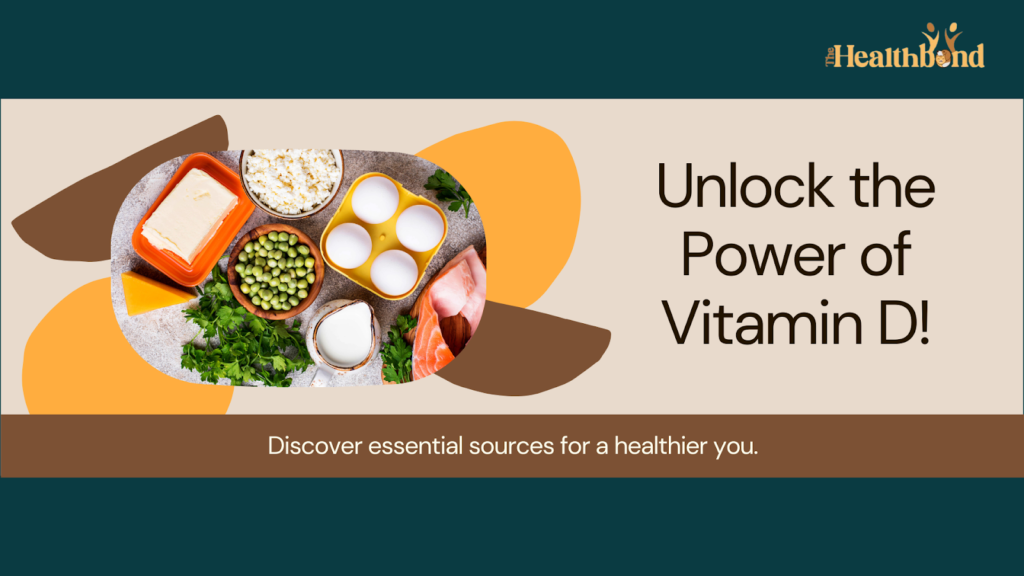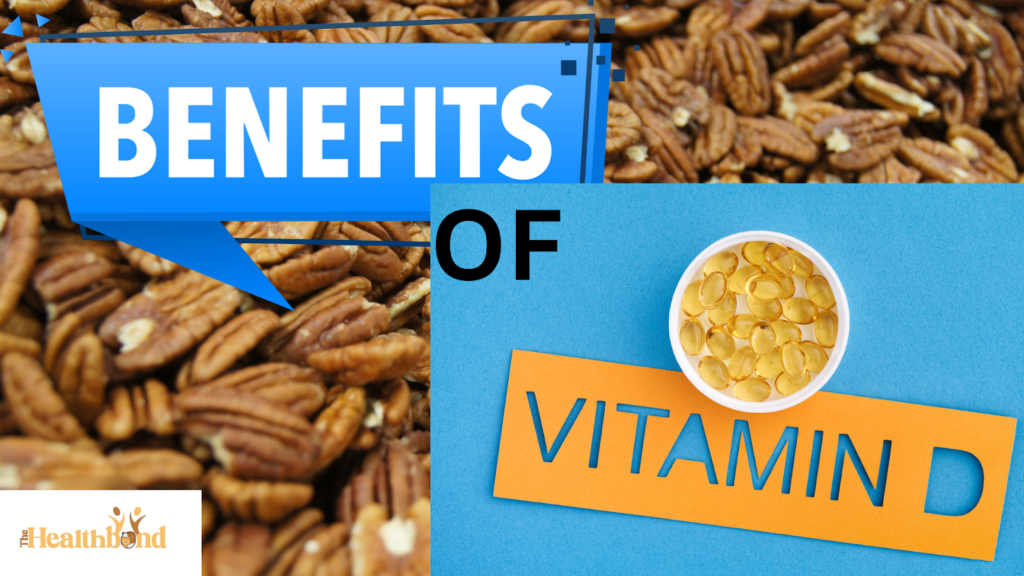Vitamin D is a nutrient we eat and a hormone our body makes. It is a fat-soluble vitamin that helps absorb and utilize calcium and phosphorous which is crucial for strong bones and teeth.
Unlike other vitamins, this is the only vitamin that can be made in the body for free when time is spent in the sun. ultraviolet-B (UV-B) light waves from the sun react with a form of cholesterol to form vitamin D hormone. This is why people who live indoors all day or live at higher altitudes are more likely to be deficient in vitamin D. It is also harder for your skin to make vitamin D while using sunscreen.
Are vitamin D and D3 the same?
There are a few differences between vitamin D and D3 but the major difference is that vitamin D is a fat-soluble vitamin that regulates calcium and phosphorous levels in the body on the other hand vitamin D3 is the natural form of vitamin D produced by the body from sunlight.
Best foods having vitamin D:

Only a few foods contain significant amounts of vitamin D that are:
- Fatty fish (salmon, mackerel and sardines)
- Cod liver oil
- Mushrooms (exposed to ultraviolet light)
- Egg yolk
- Beef liver
- Fortified food (cow milk, orange juice, various breakfast cereals)
Taking vitamin D through sun exposure and food alone is not enough, so if you have vitamin D deficiency, you should also take supplements.
How much vitamin D supplement should I take?
The amount of vitamin D you need depends on your age. The recommended amounts in international units (IU) are:
- Birth -12 months: 400IU
- Children 1-13 years: 600IU
- Teens 14-18 years: 600IU
- Adults 19-70 years: 600IU
- Adults 70 years and older: 800IU
- Pregnant and breastfeeding women: 600IU

Benefits of vitamin D in our body:
Vitamin D helps your body absorb calcium. Calcium is one of the main building blocks of bones. However other benefits of vitamin D include blood pressure regulation, nervous system support, immune system support, weight management, and many more.
Some of them are listed here:
Strengthen bones: The example of calcium in our bones is like a brick and vitamin D is its bonding material, therefore, vitamin D is essential for bone strengthening. The two nutrients can also help prevent osteoporosis.
Strengthen muscles: Vitamin D with its bone-binding abilities is influential in strengthening muscles. The vitamin helps muscle fibers develop and grow.
Strengthen teeth and gums: Teeth are like bones and mainly consist of calcium and vitamin D. It strengthens teeth and gums.
Support immune system: People who have vitamin D deficiency might be at increased risk of infections and autoimmune diseases such as rheumatoid arthritis, type 2 diabetes, and inflammatory bowel syndrome disease.
Reduce pregnancy complications: Consuming vitamin D in pregnancy helps in overcoming many complications like gestational diabetes, preeclampsia, and pre-term birth.
Prevent rickets: Rickets is a disease that softens bones and particularly affects children up to two years old. If children have a vitamin D deficiency, they can suffer from rickets.
Improves sexual health: Vitamin D greatly affects sexual health in males and females. Particularly women during menopause. Vitamin d3 supplementation can increase testosterone in males.
Other than these vitamin D has various health benefits. Talk to your medical professional about whether adding vitamin D to your wellness routine is right for you.
Do you know?
Catching sun rays from a window glass completely blocks ultraviolet light UVB unfortunately won’t help to obtain vitamin D.







